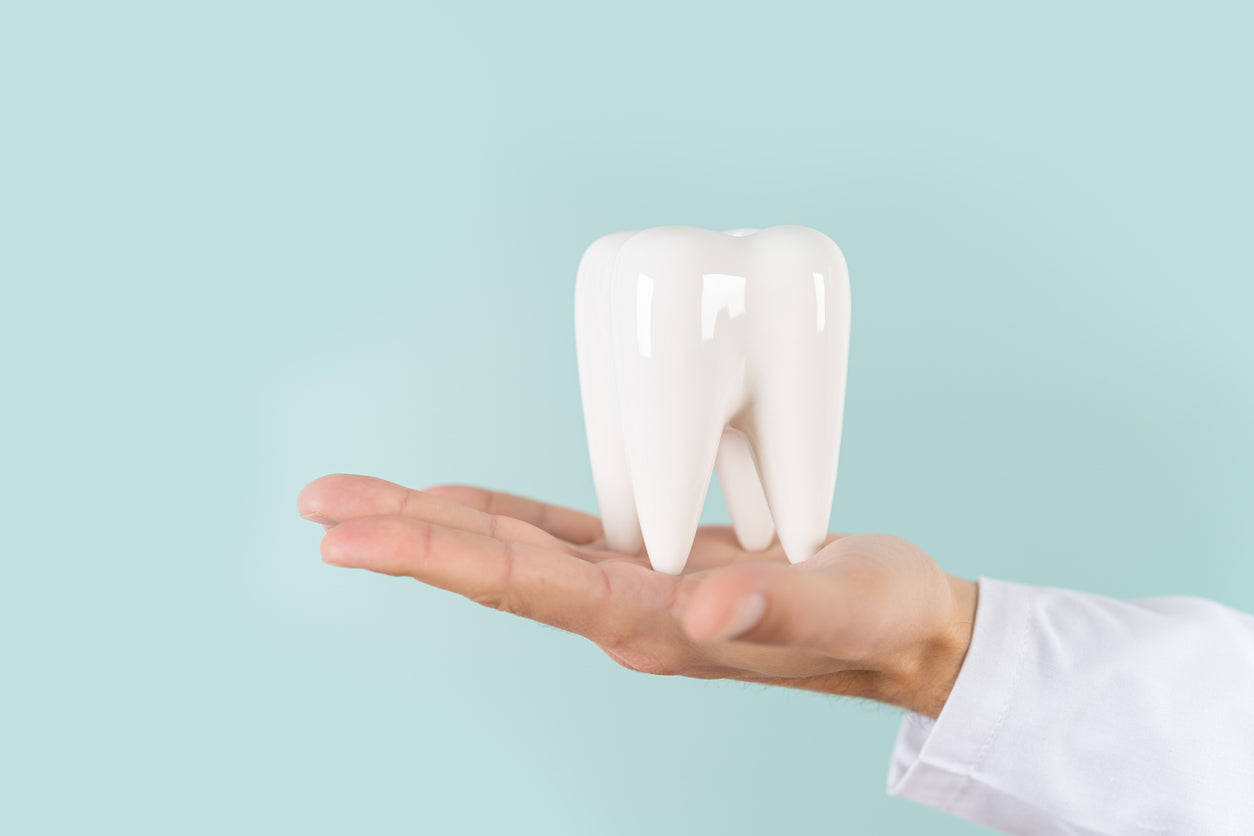Smoking is the leading cause of preventable deaths in England. Statistics show that 1 in 2 smokers will die from a smoking related disease and it accounts for 80,000 deaths each year*. Stoptober is a national campaign which aims to promote the support available for smokers looking to quit. Major health risks of smoking include damage to your heart and blood circulation as well as an increased risk of diseases. These may include gum disease, oral cancer, heart attacks, heart disease, strokes and cerebrovascular disease.
We believe that with the right support and determination, quitting smoking can be made a little bit easier. As well as the oral health benefits, saying no to cigarettes can also help you save financially and protect your family. Find out more below.
Gum Disease
Gum Disease, also known as Periodontal Disease, is an infection of your gums and the bone surrounding your teeth. Smokers produce more bacterial plaque, which can lead to gum disease. Restricting oxygen into the blood stream can also prevent infected gums from healing and possibly lead to tooth loss.
If you notice your gums are swollen, painful or bleeding while brushing your teeth, visit your dentist as soon as possible.
Oral Cancer
Oral Cancer is the process of healthy cells in your mouth gradually being destroyed. As you inhale tobacco smoke, harmful chemicals pass through your teeth and gums before reaching your lungs. This can change your oral cavity over time, which can eventually build up to oral cancer.
If you experience persistent lumps in your mouth or neck, sore mouth ulcers that won’t heal, unexplained loose teeth, white or red patches lining your mouth or tongue or changes in speech, speak to a medical professional.
Cardiovascular Diseases
Your chances of developing cardiovascular diseases are increased by smoking, such as strokes or coronary heart disease. This could be a result of your heart having to work harder due to the following:
- The lining of your arteries can be damaged by atheroma build up, caused by smoking.
- Nicotine encourages your body to release adrenaline, leading to a faster heartbeat and increased blood pressure.
- The blood of smokers is more likely to clot.
By quitting smoking, you can significantly reduce your risk of developing certain cancers, coronary heart disease or having a stroke. You will also be protecting those around you. Secondhand smoke can be harmful, as research reports that overexposure to cigarette smoke can contribute to heart disease in non-smokers*.
Discolouration
Smoking can also lead to discolouration of your teeth. The nicotine and tar found in tobacco can stain your teeth yellow. Heavier smokers have been known to develop brown staining over time. This tar can also cause bad breath and can only be removed with professional cleaning by your dentist or hygienist.
As well as discolouration, smoking can affect your sense of taste and smell. With dental procedures, such as tooth extractions, smoking can also increase your recovery time.
Change Your Life and Oral Health this Stoptober
Smoking is a serious health-risk, which can lead to a series of health complications over your lifetime. With the right support, smokers can stay determined to reach their goal of becoming smoke free. However, it will take time and the right support to guide you.
To book your next appointment, to discuss any concerns regarding your oral health, get in touch today.
*How Smoking Effects Your Body, NHS, https://www.nhs.uk/smokefree/why-quit/smoking-health-problems
*Smoking, British Heart Foundation, https://www.bhf.org.uk/informationsupport/risk-factors/smoking




